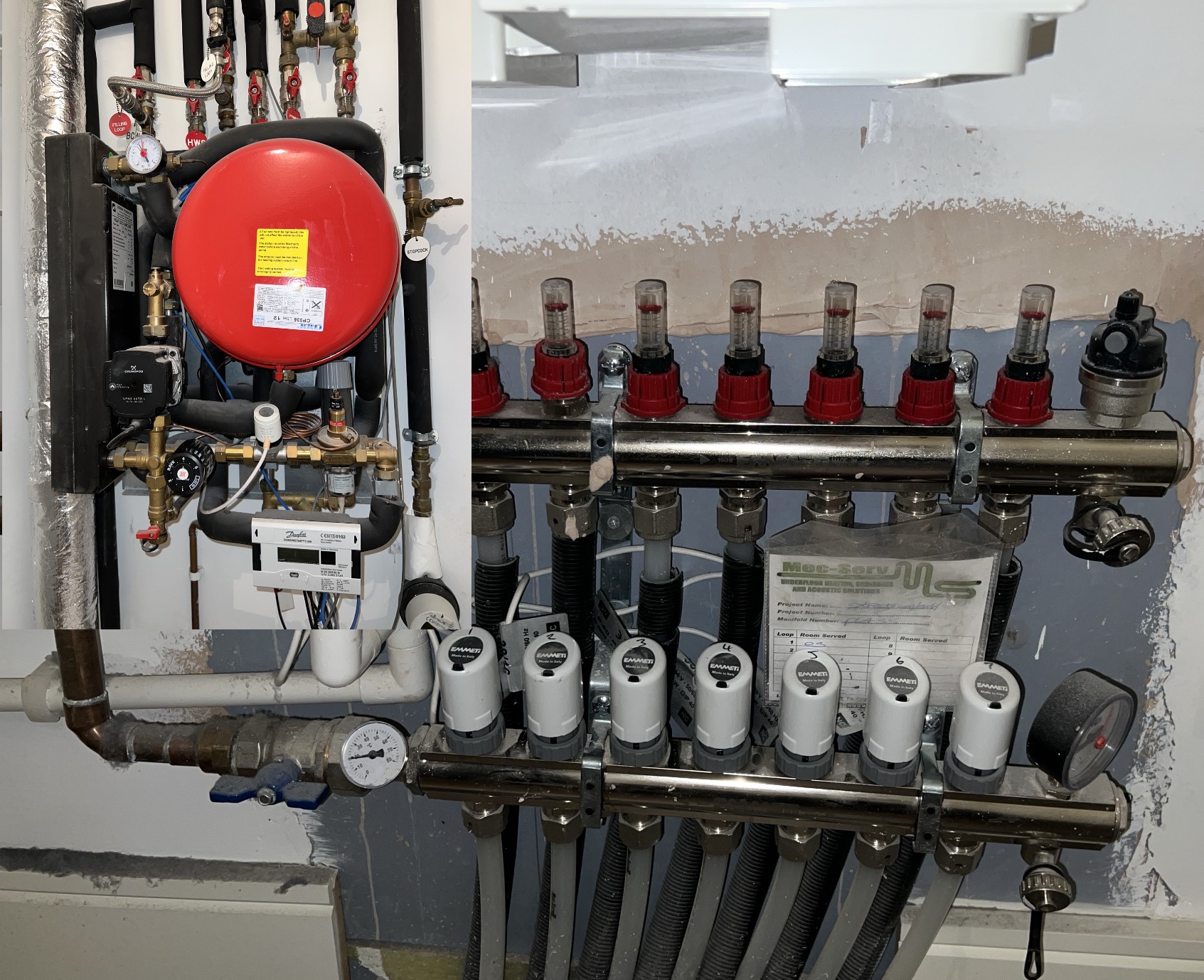
Manifold: Small leaks can occur at the joints or valves, often due to wear or improper installation. Air can get trapped in the manifold, leading to inefficiency in the system. Buildup of debris or scaling of hard water can block the manifold, affecting water flow.
Actuator: Actuators can fail to open or close the valves they control, disrupting the flow to certain zones. Wiring problems or power supply issues can prevent actuators from functioning properly.
Flow meters: help in balancing the flow of hot water through different circuits of the underfloor heating system. This ensures even heat distribution across all areas.
They allow to monitor and adjust the flow rate in each circuit. If a room isn’t heating properly, the flow meter can indicate if the issue is due to insufficient flow in that particular circuit. By allowing for precise control and adjustment, flow meters can contribute to the overall energy efficiency of the system.
Control Center: Incorrect or loose wiring can lead to failures in communication between the control center and other parts of the system. Problems with the power supply can result in the control center not functioning.
Room Thermostat: Thermostats can sometimes give inaccurate readings due to their location or calibration issues. Issues such as loose connections, battery failure, or circuit problems can affect performance.
For systems using wireless thermostats, interference or signal loss can disrupt communication with the control center.
In conclusion, regular checks and maintenance are key to detecting and addressing common faults in underfloor heating systems, ensuring they operate efficiently and reliably.
20/01/2024
All HIU services HERE.






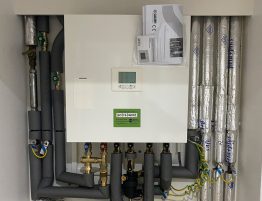
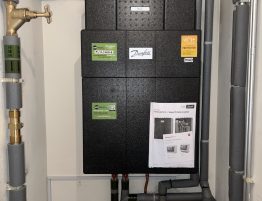

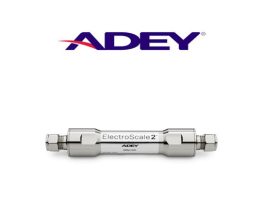

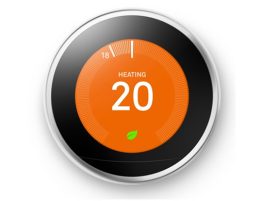
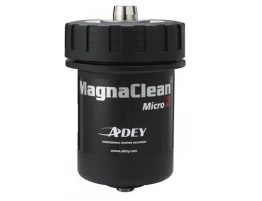

Write a comment: